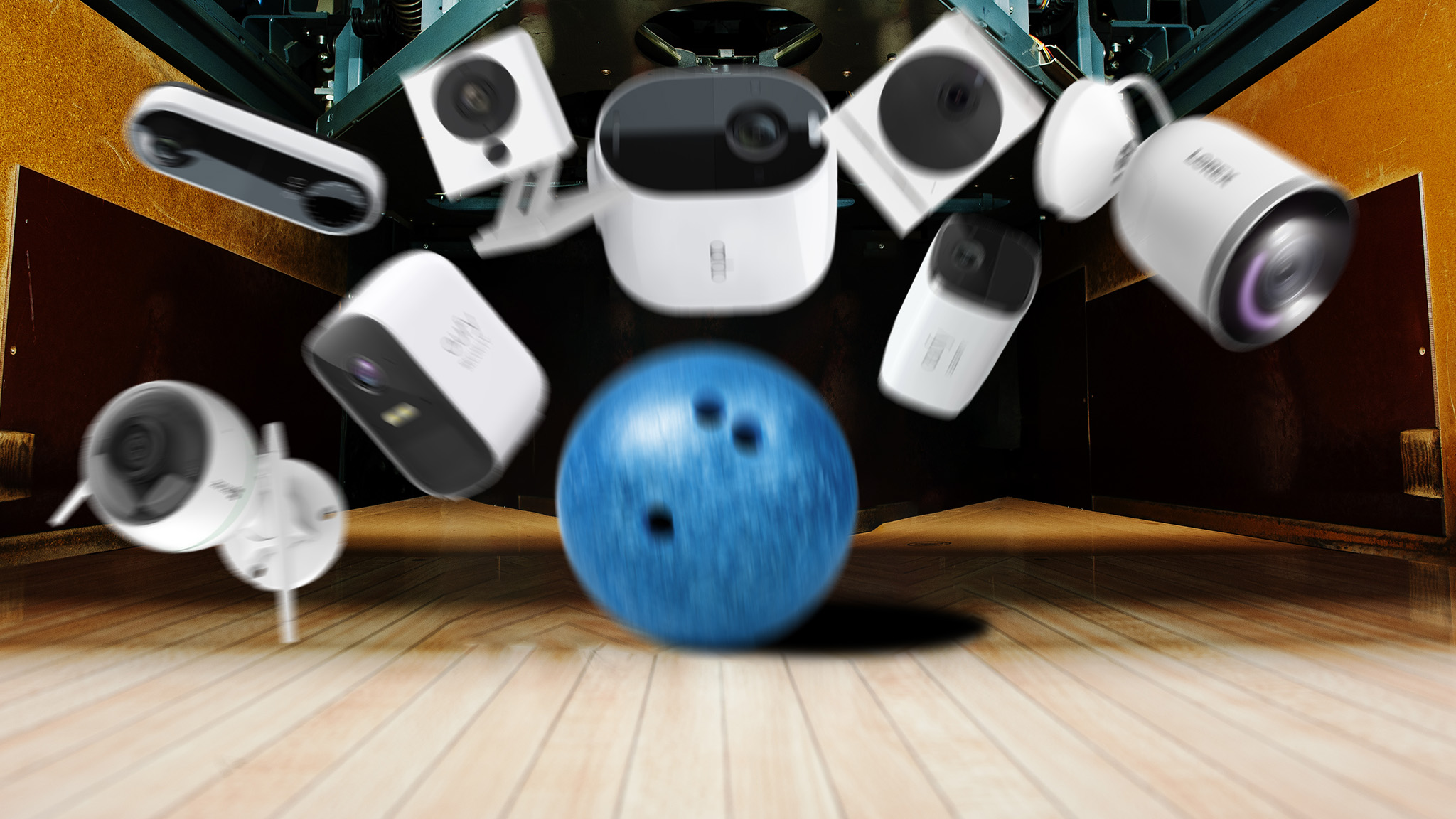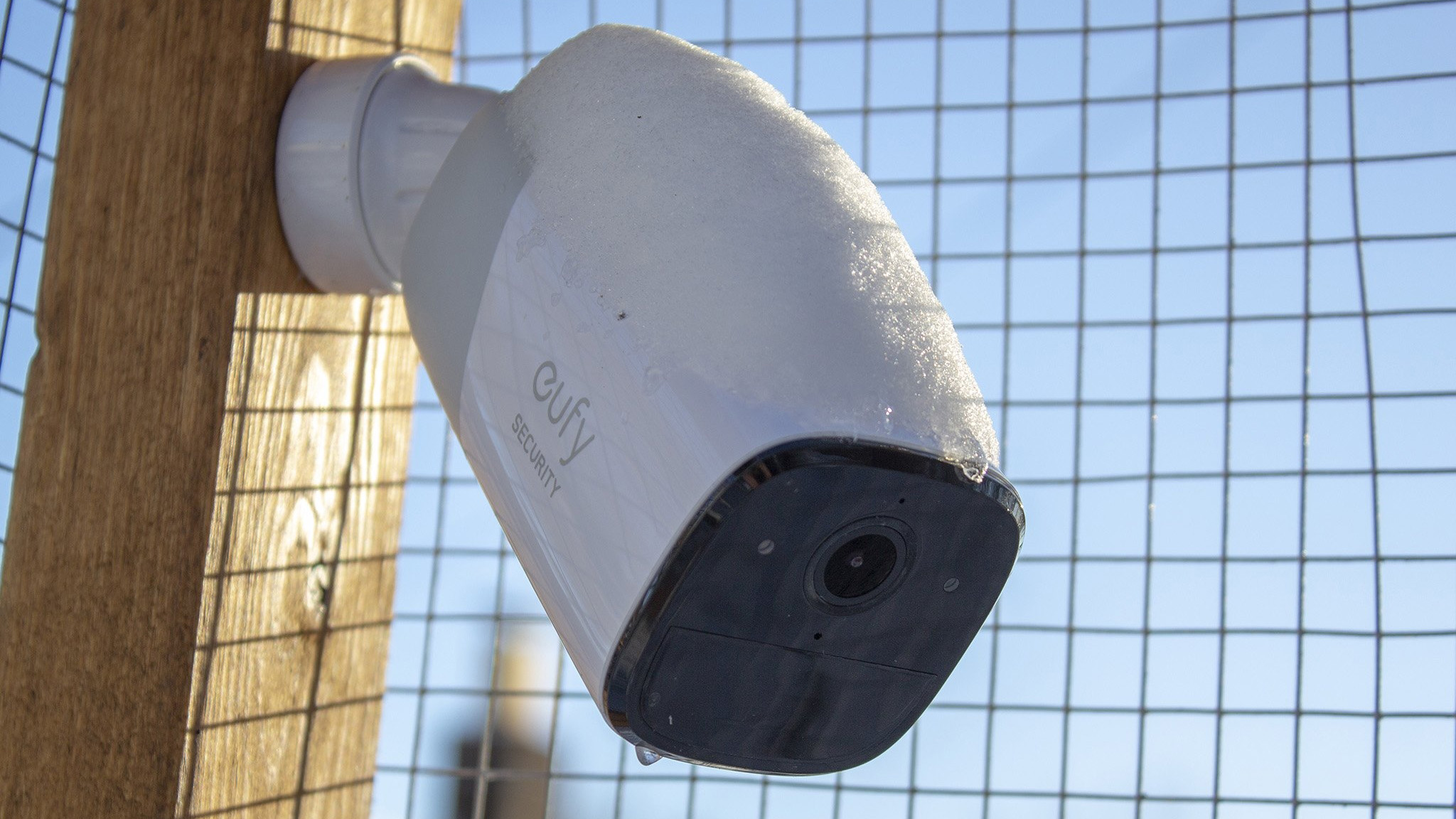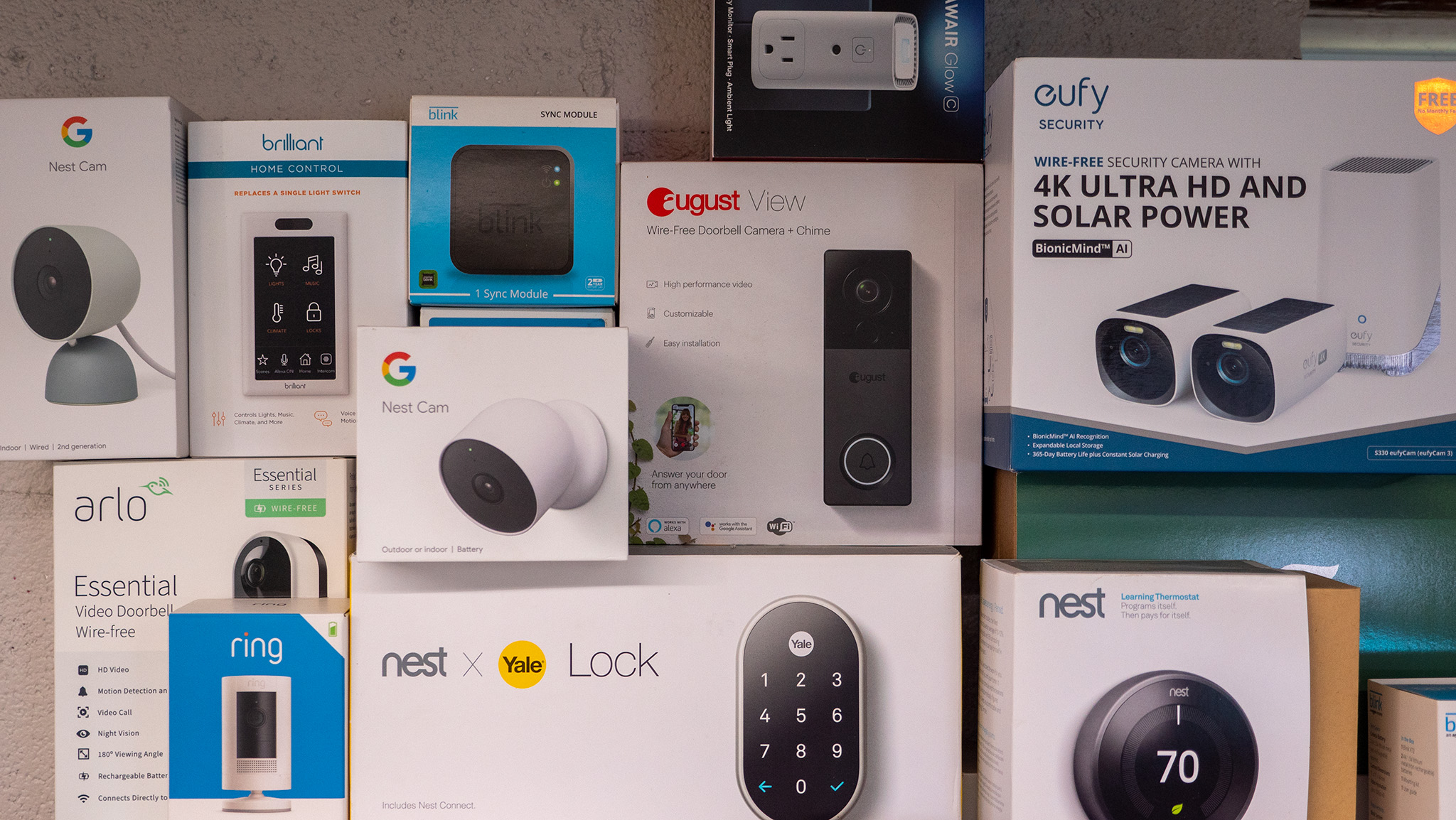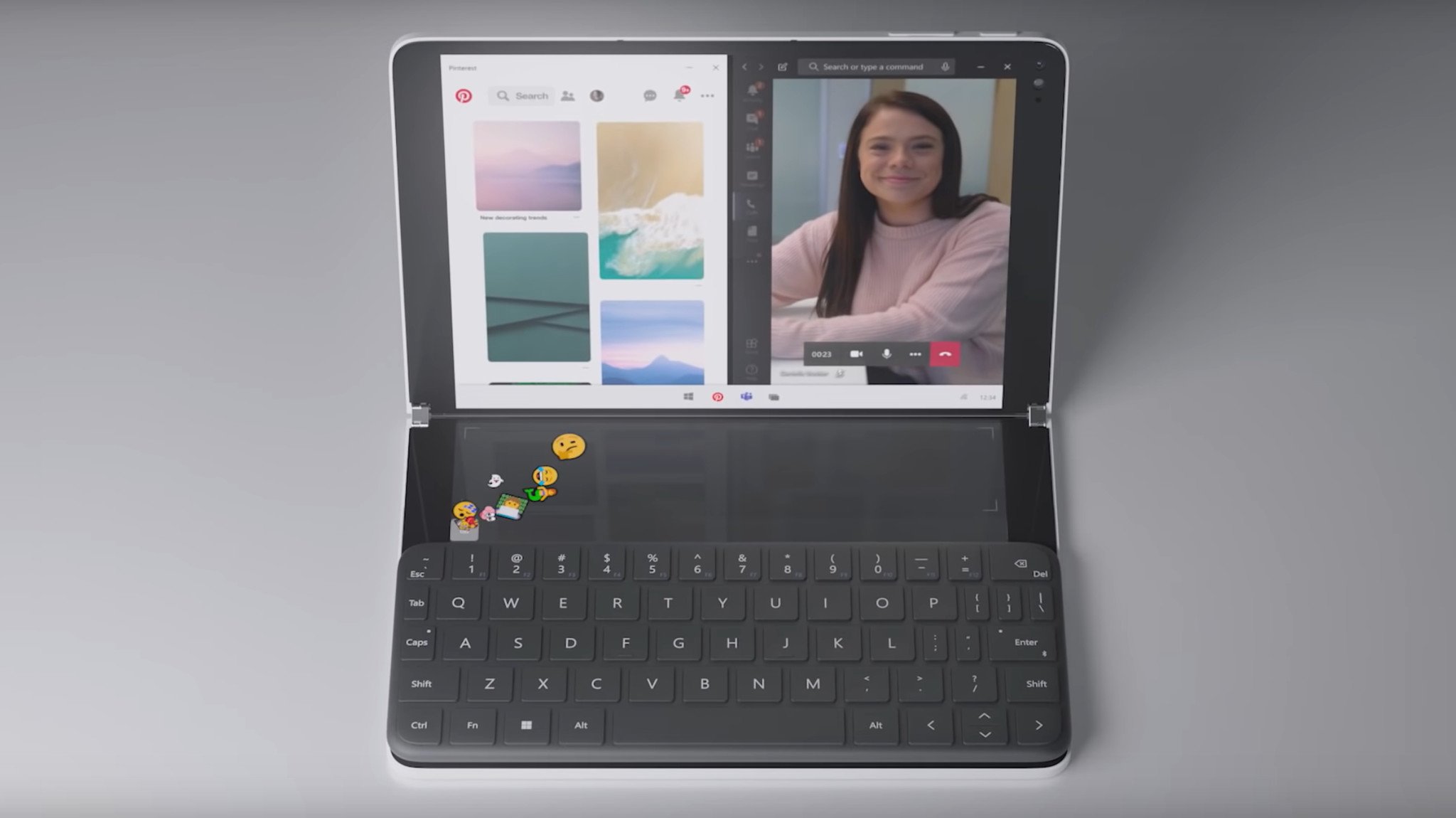Is this the beginning of the demise of smart home security cameras?
After so many failures, can we trust any company ever again?

The past year hasn't been kind to the smart home security camera industry. Over the course of just nine months or so, we've seen five major smart home security brands face some very negative press, following events related to privacy, security, and even including several bouts of broken promises made to consumers when they spent hundreds (or thousands) of dollars on home security products.
So what, exactly, is going on in the smart home security industry? With five potential major players effectively out of the running as choices for many savvy consumers, who else is left to offer peace of mind when you're away from your home? The list of best smart home security cameras feels like it gets smaller every month.
It certainly seems like tech startups and Chinese firms aren't the answer at the moment, but are big tech companies like Google, Amazon, Apple, or Microsoft really the answer we need? As much as many of us don't want these companies to pigeonhole yet another industry segment, it could very well be the answer to the problems we've been seeing. Let's take a look.
A year of smart home security failures

It all started with Wyze, who hid information regarding a critical flaw in its products for three whopping years that could give access to hackers access to your cameras without your knowledge. Wyze ended up flat-out discontinuing its affected products and releasing new hardware instead of figuring out how to fix the bug.
Later in the year, Eufy was disgraced when we found out that it, too, had several security vulnerabilities in its products. The company spent the better part of the next month denying claims, then changing promises and policies to cover its tracks. Even though it looks like the company has patched up most (if not all) of the security holes, the damage done to its reputation after its messy response isn't something as easily undone.
Lesser known are the companies EZVIZ and Lorex, two brands that offer great hardware options at competitive prices. While we rather liked products from these companies in the past, both are fully-owned subsidiaries of two problematic companies: Dahua, and Hikvision. Why are they problematic? Simply put, the FCC banned them in November on allegations of spying for the Chinese government.
Definitely don't want that in my home, thanks.
Be an expert in 5 minutes
Get the latest news from Android Central, your trusted companion in the world of Android
The most recent and, by far, least offensive are the recent actions by Arlo. In a nutshell, many Arlo cameras sold before 2018 are being discontinued over the next several months meaning their use should be discontinued over the next year or so. While they'll still continue to operate normally they won't be receiving security or firmware updates. That's the kind of internet-connected product you should only keep on your guest network.
Notice a pattern?

If you're looking at the list and trying to figure out some sort of pattern here, know that I've been trying to do the same thing and have come up empty on all attempts. These aren't all garage-type startups, subsidiaries of Chinese conglomerates, owned by a huge tech company, or even all publicly traded companies.
Many of them are subsidiaries or spin-offs of larger companies. Arlo came from Netgear, Eufy came from Anker, EZVIZ came from Hikvision, and Lorex came from Dahua. Wyze technically "started" at Amazon but that's only because the three founders just so happened to work in Amazon's Seattle offices at the time. Wyze isn't owned or funded by Amazon and it's not a China-owned company as some have alleged.
If you were hoping for an easy link, stop. There isn't one.
Furthermore, there have been other scandals in the past with companies like Ring, a wholly-owned subsidiary of Amazon, and the original offender in the drama of modern smart home security scandals. Case in point, even big tech isn't immune from problems and scandals, although Ring's lessons learned have largely been solved by the company.
While some think that Arlo is implementing its new end-of-life policy because the company is facing increasing pressure from stockholders, the reality doesn't line up with the rhetoric here. Arlo's most recent problems stem from Amazon's cloud storage costs increasing, forcing them to transition over to Microsoft's Azure, instead.
If Arlo were doing this to squeeze a few more dimes out of its existing customers, it would remove the local storage options from its hubs or something far more drastic. What's happening now is all down to increasing cloud storage costs. As a former IT admin, I can attest to how out of control cloud storage and compute costs can get — and it's not easy to reduce those bills by just "cleaning up" infrastructure.
So what, ultimately, am I proposing? Outside of just using a CCTV security system that never needs updating because it never touches the internet, I genuinely think Microsoft could be the answer we've all been looking for.
Time for another Microsoft hardware experiment

Microsoft is no stranger to hardware experiments. It's toyed around with tablet-like laptops, AR headsets, giant touchscreen tables, gaming consoles, mice and keyboards, and just about anything else you could possibly imagine. But while many of its products aren't always commercially successful, the company is always good about one important thing: privacy.
I had a chat with Windows Central's Daniel Rubino on this topic after CES 2023 and he also likes the idea. As someone who regularly juggles multiple devices running several different operating systems, Microsoft is a company that's often looked toward as the most consumer-friendly large tech company in existence. One of the key tenets around that is the concept of privacy, something Rubino notes Microsoft is regularly awarded for.
Microsoft ranks among the top most trustworthy tech companies, and it's already got the cloud infrastructure to compete with.
In fact, Microsoft is often regarded as one of the most trustworthy tech companies around — typically only outdone by Google and Amazon according to several studies done over the years — a lot of which likely has to do with the fact that the company doesn't sell user data to advertisers and other groups like some other tech companies do.
It's also important to note that most of the biggest tech scandals of the last decade have involved nearly all of Microsoft's rivals. You seldom see Satya Nadella — Microsoft's CEO — testifying on Capitol Hill while many other tech CEOs are often found there defending their company's involvement in the latest upset.
Another important part of the equation is Microsoft's consistent design around open standards. As Rubino pointed out to me, Microsoft has regularly designed around open industry standards since Satya Nadella took the role of CEO. Microsoft's purchase of GitHub — the world's largest open-source repository — is further proof that the company is more interested in open-source and trustworthy products than ever.
Many Microsoft products are platform agnostic — particularly the cloud-driven ones — which would fit right in with the expectations of a home security suite of products. Not only that, but the launch of the Matter smart home interoperability specification this year means Microsoft couldn't have timed a potential product release better.
Many Microsoft products are platform agnostic, and Matter interconnectivity would ensure they're smart home agnostic, as well.
Lastly is the cloud component, something that Microsoft has had a handle on for years. As Rubino points out, the company could roll a new security camera cloud storage plan into its existing Office 365 plans, further enticing customers to stick with Microsoft as the go-to cloud service company for all of their needs.
Not only that, but Microsoft already specializes in AI.
Microsoft's one big problem here? Branding. Outside of Windows, Xbox, and Office, Microsoft has had trouble figuring out how to brand its products successfully — particularly the hardware products. Even on the software front, Microsoft regularly changes product names every few years in an effort to get them to stick with consumers.
Could Microsoft be the one to save the home security cam industry? From my point of view, it certainly seems plausible. I'm still very happy with Google's latest Nest products now that the kinks have mostly been worked out, but a new set of similar products from a company like Microsoft could be just what the industry needs to rock the boat right now.

